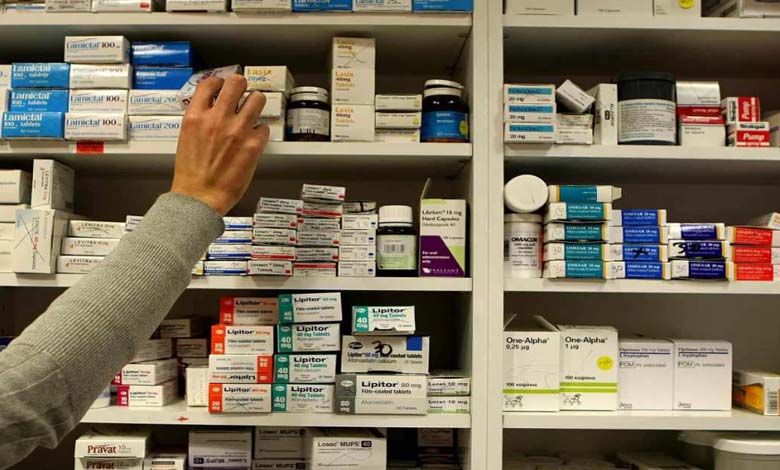British Pharmacies in an “Unprecedented” Crisis… Why?

The medical sector in the UK is experiencing an unprecedented crisis, particularly affecting pharmacies, with dozens forced to close due to a government funding freeze that has lasted nearly a decade.
-
Egypt: Rare Tongue Transplant Performed Successfully
-
The World on the Verge of Developing a Sighted Artificial Eye
According to the Spanish news agency, the British healthcare system, the “NHS,” is facing serious structural issues, with long waiting lists and a shortage of staff. Therefore, the government seeks to ease the pressure on hospitals by shifting responsibilities to pharmacies.
The NHS funds pharmacies in England with £2.6 billion, a figure that hasn’t changed in over a decade. However, the sector has denounced inflation and rising living costs as a 40% funding cut in recent years.
-
Rescue of a Woman Trapped for 7 Hours between Two Rocks Due to Her Phone
-
Managing Chronic Diseases: Apple Watch Advances in Health Tasks
Millions in Losses
When pharmacies dispense medicines to patients, they do so at a loss. Paul Rees, CEO of the National Pharmacy Association, explained that the sector incurs losses of up to £108 million per month, or about £10,500 per establishment.
Rees stated, “Pharmacy owners are asking family members for money to refinance their homes, taking out bank loans, or using their retirement funds to keep their businesses open,” describing the sector’s situation as an “unprecedented crisis.”
-
Australia: Two Beaches Closed Due to Suspicious Black Balls
-
Learn About the Importance of “Independent” Play for Your Child
He added that some parts of the UK have already become “pharmacy deserts,” and in rural areas, many pharmacies have had to close, forcing patients to travel longer distances to see a pharmacist in person and obtain their medication.
It is estimated that around 1,500 pharmacies have closed in England over the past decade, while numbers have remained stable in other areas like Scotland, which Rees sees as proof that “if you fund the sector properly, it can be sustainable.”
-
All Bridges Destroyed: Hurricane Helene Isolates a Remote Area in North Carolina
-
50 Million Views: A Rare Birth of Twins in Two Separate Uteruses
“Deteriorating” Healthcare
According to Rees, pharmacies are “the heart of healthcare in local communities” in the UK, serving more than 1.6 million people daily. But after a decade of decline, the government will need to increase funding by 50% to keep the sector “standing.”
In a desperate attempt to make their voices heard, several pharmacy associations launched the “Save Our Pharmacies” campaign in June, with a petition addressed to Health Secretary Wes Streeting, which has already gathered more than 100,000 signatures, to take action and stop the mass closure of pharmacies.
-
France: Water Scandal Escalates, Nestlé and Alma Face Accusations
-
Human Drug Residues Threaten the World of Coral Reefs
They also launched an internal vote to consider reducing their opening hours or the services they offer if the situation does not improve, although some believe that this initiative lacks “effective power”; as contractors, pharmacies cannot strike since they lack a union.
The pharmaceutical sector now looks forward to the first budget by the Labour government under Keir Starmer, who has already promised to make NHS reform a priority, hoping to end a decade of frozen funding for pharmacies.












